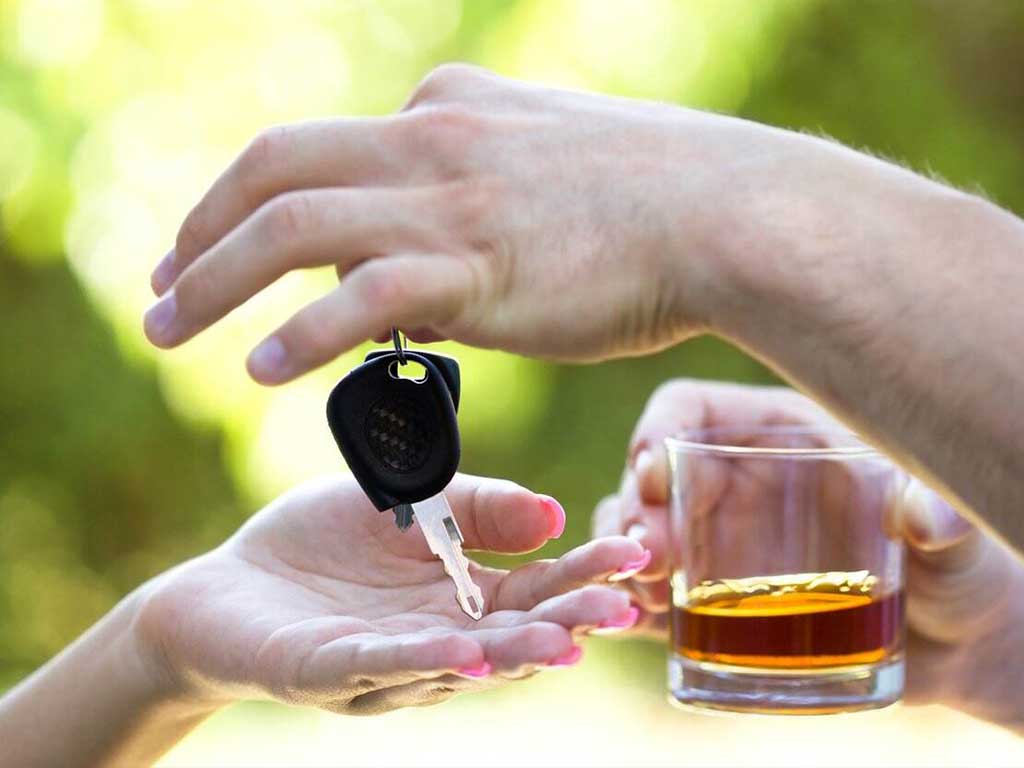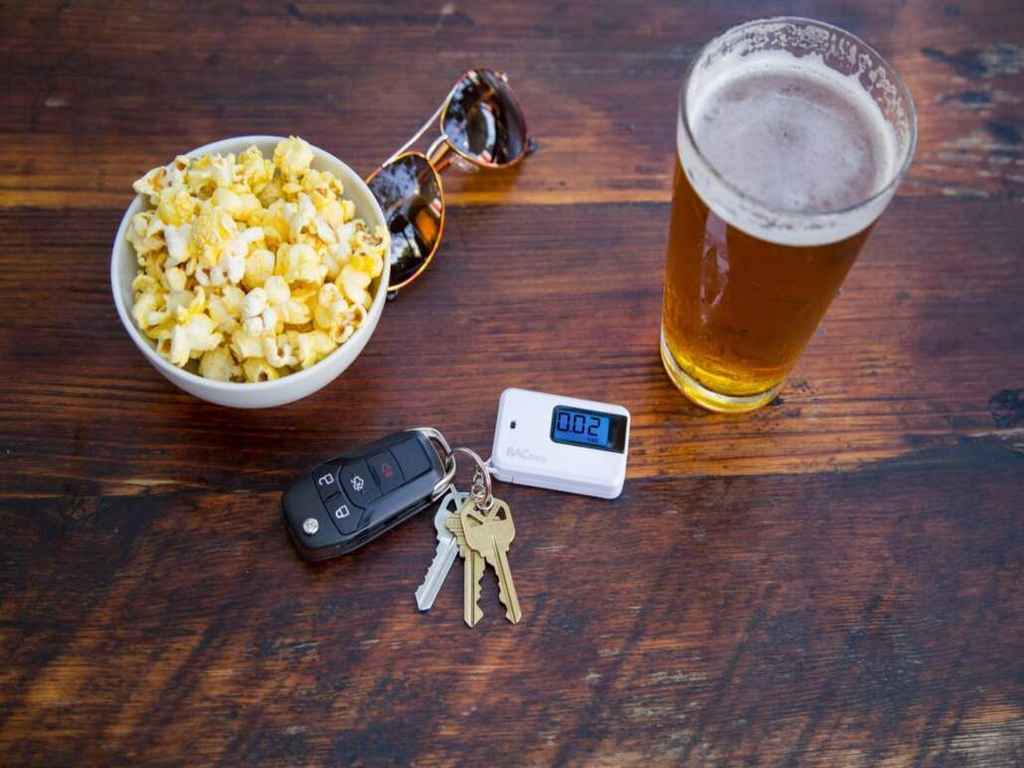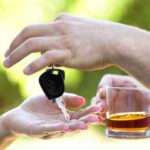What Is The Role Of Designated Drivers
09 December, 2022

Designated drivers are people in a group or social event who remain sober to drive their companion’s home legally after a night out. This ensures the safety of the group while travelling in a motor vehicle. This is because excessive alcohol consumption severely impairs the senses and motor functions. In addition, studies show that driving while intoxicated is the cause of 250000 out of 1.25 road fatalities worldwide annually. Thus, people assign a designated driver to avoid such incidents.
This article will cover the history of assigning drivers, the effects of alcohol, how to measure alcohol levels, and strategies to ensure road safety. Alcohol, even when taken moderately, may impair memory, awareness, judgement and coordination. Therefore, these impairments significantly affect a person’s ability to drive. Likewise, a roadside accident or being stopped by law enforcement are the likeliest endings to driving while intoxicated.
Designated Drivers – their Role and a Brief History
Studies show that the practice of assigning designated drivers has saved over 50000 lives and prevented countless accidents. In addition, assigning a driver means that everyone will get home safely without the risk of expensive fines and license suspensions, or worse, accidents and injuries. The term “designated driver” is a household term worldwide. The practice began in the 1920s in Scandinavia but was formalised into a program first in Canada and then the US through the Harvard Alcohol Project.
The Harvard Alcohol project set out to demonstrate how a new social concept, in this case, designating a driver, could be rapidly diffused via mass communication, allowing for a fundamental shift in social norms regarding drink driving. These included public service announcements spread across all media. As a result, the term “designated driver” became a household name worldwide. It resulted in a 30% decline in road fatalities in America after the campaign’s first year.
Thus, the practice became more and more common worldwide. Many establishments offer a group’s designated driver free non-alcoholic drinks and discounts to encourage the practice. As a result, committed designated drivers can help prevent roadside accidents, avoid exceeding the legal alcohol limit for operating a vehicle, and get their friends and loved ones home safe after attending social events.
Personal Benefits of Being the Designated Driver
- Allows to save money by not buying expensive alcoholic beverages
- Avoids hangovers and other side effects of alcohol consumption
- Deepens relationships within a friend group; a designated driver is a position of trust and care among companions
- Avoids stressful encounters on the road and with law enforcement

BAC and Designated Drivers
Blood Alcohol Concentration is the way alcohol intoxication and impairment are measured. BAC is an essential measure for all designated drivers. In addition, a person may feel the effects of alcohol 15 to 45 minutes after their first drink. This is because the body absorbs alcohol quickly, while the liver processes one standard drink within an hour. By average, a person’s BAC will drop by 0.015 per hour or by 0.015g/100ml per hour.
However, many factors affect BAC. These include age, gender, body composition, food and hydration levels, medications, and preexisting conditions. As a result, no two people drinking the same drink at the same amount within the same period will have exact BAC reading. As such, BAC reading apps and websites only give general estimations and cannot be relied upon for accurate reading. This unreliability makes sober drivers even more critical.
On the other hand, if designated drivers choose to have a single drink, it can be helpful to know their BAC before getting behind the wheel and calling it a night. Furthermore, the legal alcohol limit for operating a vehicle in Australia is precisely 0.05%. If the driver exceeds that in a roadside test, it could lead to penalties and suspensions. It is very difficult to stay below the blood alcohol limit on estimates and drink counting alone.
Factors that Affect BAC Readings At a Glance
- Specific alcohol type and alcohol by the volume
- Body mass index and composition
- Age – the body’s ability to process alcohol slows with age
- Diet – full stomachs slow alcohol absorption
- Metabolism – genetics affect metabolic rate, affecting the body’s alcohol absorption
- Medications – some medicines react to alcohol and increase BAC

Designated Drivers and Personal Breathalysers
Getting a precise BAC reading without the proper methods and devices is difficult. Drink counting and estimation apps are not reliable for accurate BAC readings to stay below the blood alcohol limit. Thus, some designated drivers purchase a personal breathalyser to help get a clearer picture of their intoxication levels if they decide to drink. In addition, they can also use these devices to ensure their companions don’t reach dangerous levels of intoxication.
Furthermore, people can purchase these portable breath-checking devices to help improve overall safety before getting behind the wheel. Modern breathalysers employ the same technology law enforcement officers use on routine traffic stops. Appropriately, such devices help individuals avoid the harsh penalties, fines and license suspension resulting from drink driving offences. Checking the BAC before driving, helps keep themselves and their companions safe from harm or unwanted legal trouble.
Such devices have become reliable tools due to their availability and effectiveness. Many carry breathalysers to ensure they are always within the legal limits for driving. In the case of employees of safety-critical industries like mining, it ensures that the lingering effects of alcohol from the night before are gone before work. In conclusion, a breathalyser is a vital safety tool for designated drivers to have around.
Advantages of Personal Breathalysers
- Helps ensure that drivers are under the legal BAC limit for driving (0.05% BAC)
- To better understand the effects of alcoholic beverages in the body
- Helps monitor the decline of BAC and helps plan the rest of the night
- To avoid sensory impairment and road accidents
Conclusion
Designated drivers play an important role in preventing road incidents and excessive intoxication. These responsible individuals watch over their companions and ensure they arrive home safely after attending social events involving alcohol. In addition, designated drivers commits to remaining sober during a night out and attending social events with friends. This prevents road incidents, being pulled over by law enforcement officers and paying steep fines and driver’s license suspension.
For drivers who do decide on a single drink, a personal breathalyser is a valuable tool for such individuals to stay committed to their role. In addition, a breathalyser can also help monitor the effects of alcohol on their companions. This device ensures that they are not imbibing dangerous levels of alcohol and helps estimate when they will return to sobriety. Assigning non-drinking drivers are one of the most effective measures for ensuring safety and avoiding accidents on the road.




























